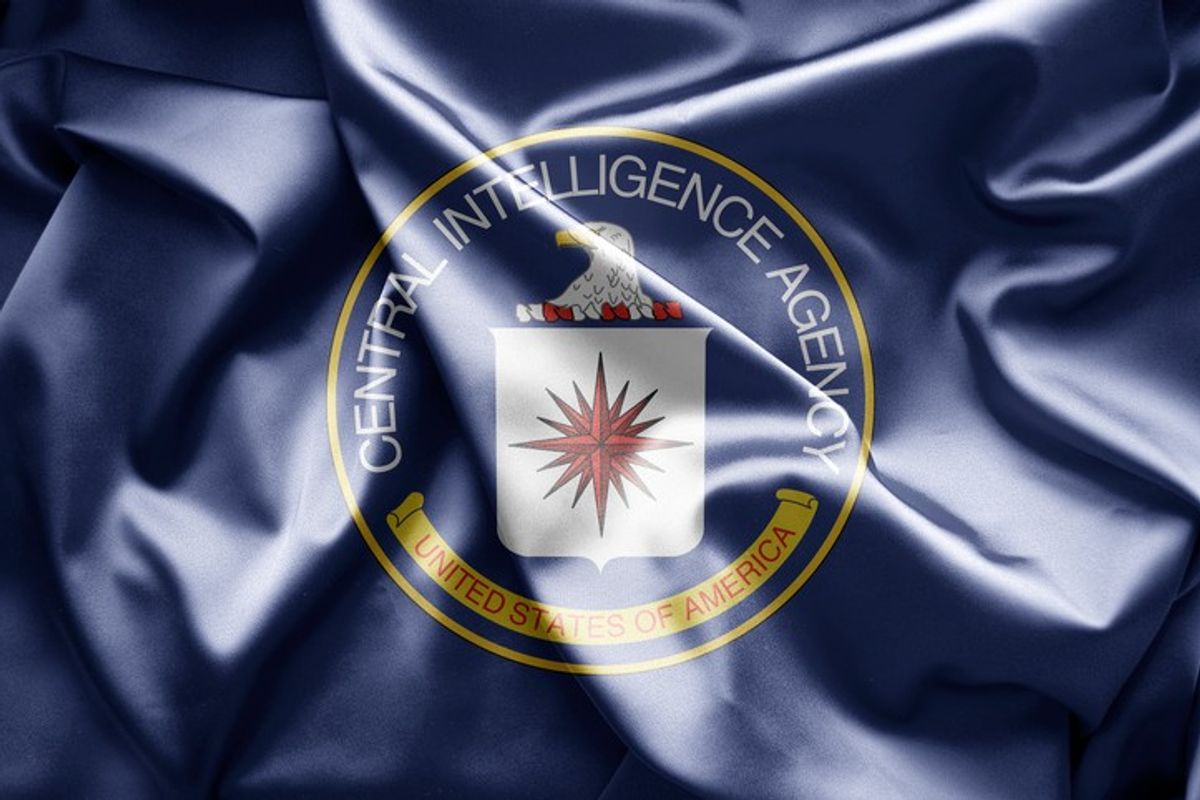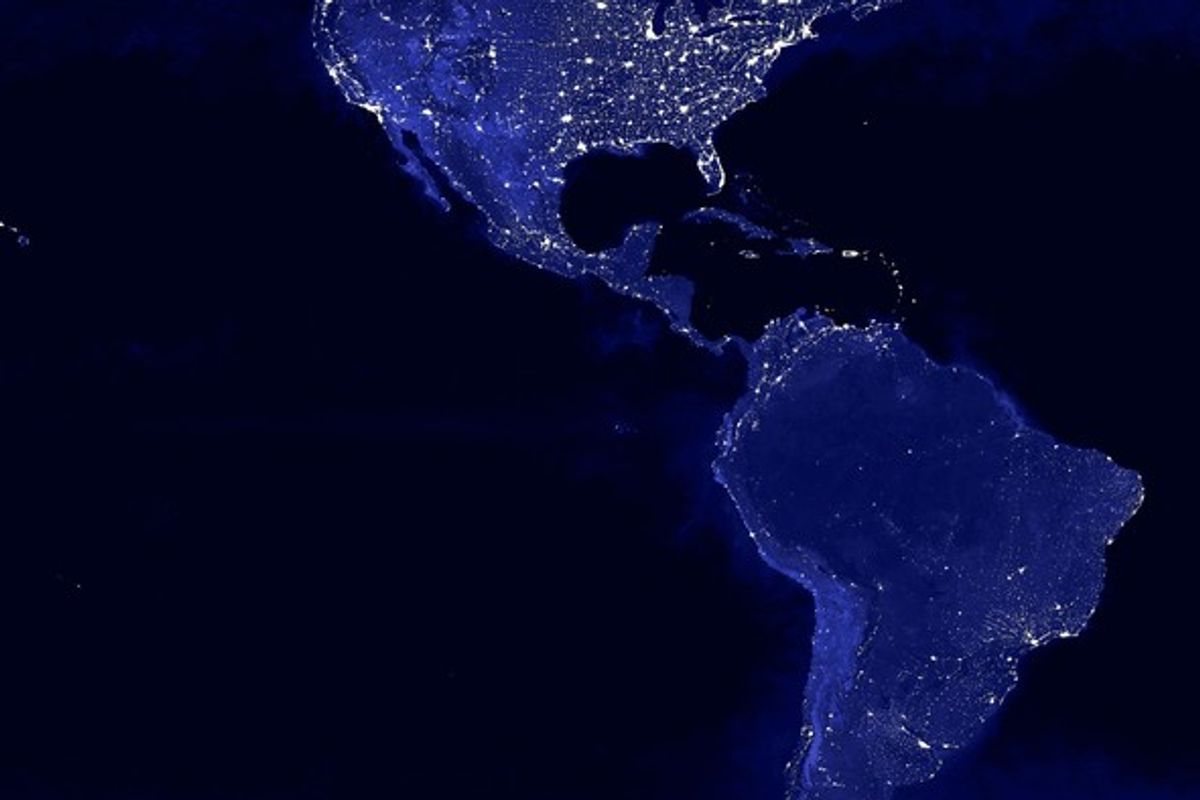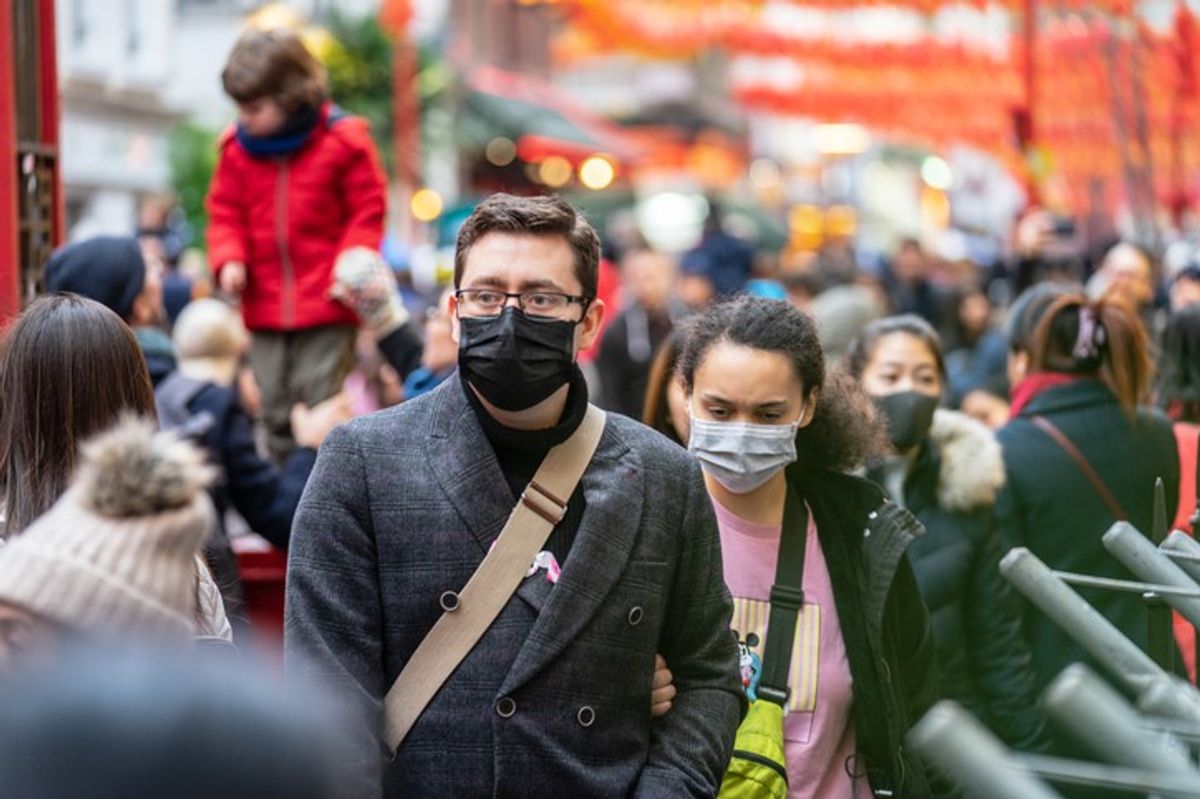After seventy years of rule, Thailand’s King Bhumibol has passed away. As a public figure with largely ceremonial power, he promoted Thailand’s rural development and provided a source of political stability. The Cipher Brief's Will Edwards spoke with Rafael Frankel, Vice President of Bower Group Asia, to learn more about how the country will cope with the loss.
The Cipher Brief: The King’s long reign was a source of stability for the country. What can we expect from this time of transition? Are there any political ramifications?
Rafael Frankel: King Bhumibol was not just a politically unifying figure, but a socially unifying figure as well. He was revered in Thailand and perceived as the father of the Thai people broadly. In a country with a history of military coups, such a presence was important, because it allowed the king to intercede in politically fraught moments and ensure that Thailand did not succumb to internal quarrels in a way that some of Thailand’s neighbors did over the course of his reign. Despite seeing so many governments come and go during the past 70 years, “Teflon Thailand” was a place that always bounced back from political or economic adversity, and that is no doubt due, at least in part, to the stability provided by King Bhumibol.
In the short term, Crown Prince Vajiralongkorn will ascend to the throne with the backing of the military government. The central rationale behind the military coup of 2014 was to ensure the continuity of the long-standing Thai political-economic system, in which the palace and the military play central roles. It is impossible to know today to what degree that order will be maintained in a post-Bhumibol Thailand. Much of that depends on the equilibrium that emerges between the crown prince, the military, and other traditional elite components of Thai society over the next few years.
Another variable at play is the long-standing schism between the Bangkok elite and the “red shirt” movement led by former Prime Minister Thaksin Shinawatra. It is exceedingly unlikely that the opposition movement would make any moves to challenge the current order during the mourning period. But over the long run, this central problem for Thailand will remain until the two sides (and the varying factions within them) agree on a path forward that opens up the space for Thais outside the current power structure to have meaningful political-economic participation.
TCB: The government has called for a year long period of mourning. How will this affect the country’s foreign investment and economic growth?
RF: Business and investors should expect a significant slowdown in economic activity, government decision making, and worker productivity, at least over the course of the next 30-60 days. The government is urging everyone to refrain from holding events (other than those associated with mourning the king) for the next 30 days and is giving government employees unspecified (as of now) time to grieve over the course of the next year, while encouraging the private sector to decide for itself on the appropriate amount of time to give employees to mourn.
Bangkok will be inundated for the next year with mourners traveling to the capital from around the country to pay respect, and the government is asking Thais to dress in accordance with the mourning period for the full year. The expectations should be that commercial and social life will gradually return toward normalcy over the course of the next year.
TCB: What will the role of the military be in this transitionary period?
RF: The military will keep a firm grip on power in order to ensure the smooth royal succession to the crown prince. Protests against the prince or the military government during this time will likely be met with a harsh response. This includes any expression of political dissent either on the ground or online.
A key question will be whether the military follows through on its prior plans to hold elections in late 2017 that would nominally return Thailand to civilian rule, or whether it delays those elections in order to be absolutely certain that the social-political order is maintained in the new paradigm.













